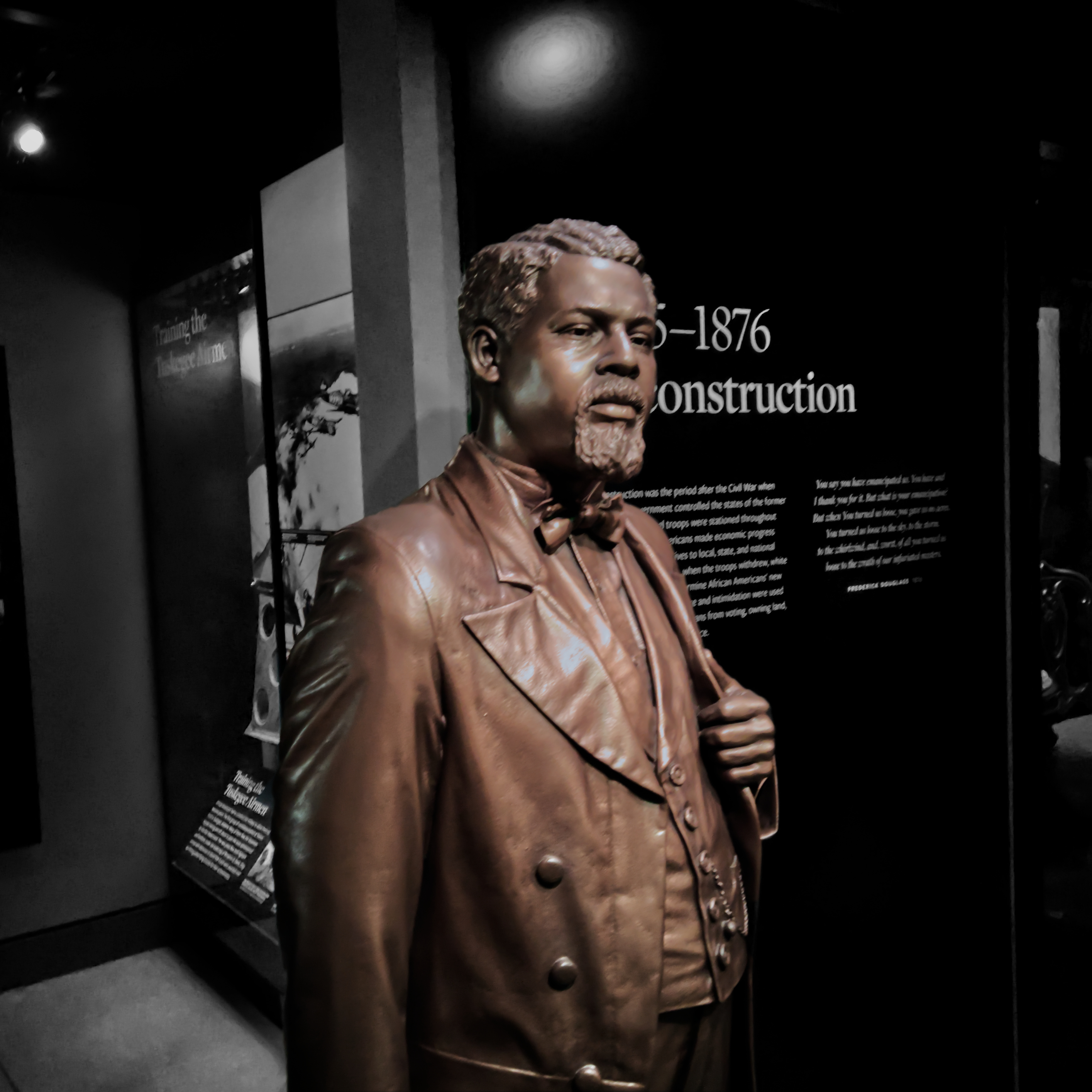Things they don’t teach you in school: Congressman Robert Smalls
Editor’s note: Each week the PW Perspective will be showcasing the pioneers, innovators and history makers that you don’t often read about in textbooks.
Free and compulsory public education is something we take for granted in the United States, so why don’t we know about its origins? This is the story of Congressman Robert Smalls, the man who authored the legislation that created the first free and compulsory public school system in our nation.
1839, Robert Smalls was born into slavery on a plantation in Beaufort, South Carolina. His mother, Lydia Polite, was an enslaved woman, and his father was likely the owner of the plantation.
Smalls married an enslaved woman named Hannah Jones at the age of 17, and together, with Jones already having two daughters, they started their family. Smalls and Jones had two children together, a daughter named Elizabeth Lydia Smalls and a son named after Robert who died at the age of two.
Smalls set out to begin working to buy freedom for his family, but the price was too high to realistically achieve.
At the age of 21, in the fall of 1861, Smalls was assigned to steer a Confederate armored transport ship under the command of Brigadier General Roswell Ripley. A year and a half later, Smalls would take advantage of this assignment, stealing the ship and his own freedom along with seven other enslaved crewmen.
With the Confederate officers leaving the ship for the night, Smalls and his crew took their opportunity to make their grand escape aboard the CSS Planter in the early hours of May 13, 1862. Smalls donned the captain’s uniform so that at a distance, it would appear as though he were Charles C. J. Relyea, the captain of the Planter. Soon after leaving the ship’s usual docking place in Charleston, they reached another wharf where the crewmen’s families were waiting. Knowing Relyea’s mannerisms, Smalls was able to copy his routines with ease and give the correct signals to pass through five Confederate checkpoints. Though his crew was fearful of getting caught, he remained calm, collected, and, most importantly, in character. As Smalls approached the Union blockade with his crew, they lowered the Confederate flags that the ship wore and hoisted a white bedsheet in its place to signify surrender.
Smalls quickly became known in the north for his daring escape. With the Planter in need of repairs, Smalls was assigned to pilot the USS Crusader under Captain Alexander Rhind. Throughout the Civil War, Smalls assisted in many battles and transport missions as he continued to pilot the Crusader and the Planter, as well as the USS Isaac Smith.
After the war ended, Smalls returned to his hometown of Beaufort where he purchased the plantation where he was born, and he spent nine months learning to read and write.
Smalls was a delegate at the 1868 South Carolina Constitutional Convention where he fought to create a free and compulsory education system that would be available to all children in South Carolina. Later that year, he was elected to the South Carolina House of Representatives.
He was then elected to the South Carolina Senate in 1872, and in 1874, he became one of the first Black men elected to Congress. He served in the House of Representatives from 1875 to 1879, from 1882 to 1883, and from 1884 to 1887. He also served as a Delegate at every Republican National Convention from 1872 to 1896.
Smalls was known as a community leader in his town. In 1913, when a lynch mob formed to hunt two Black suspects in the murder of a white man, he went to the mayor’s office and demanded he stop the mob. He asserted that the Black community members positioned throughout the city would burn it down if the mob was not stopped. Smalls’s strategy worked, and the mayor cooperated.
Robert Smalls died at the age of 75 in the same town where he was born. His legacy is still felt throughout the nation, and if it weren’t for his contributions, the world would be a very different place.



